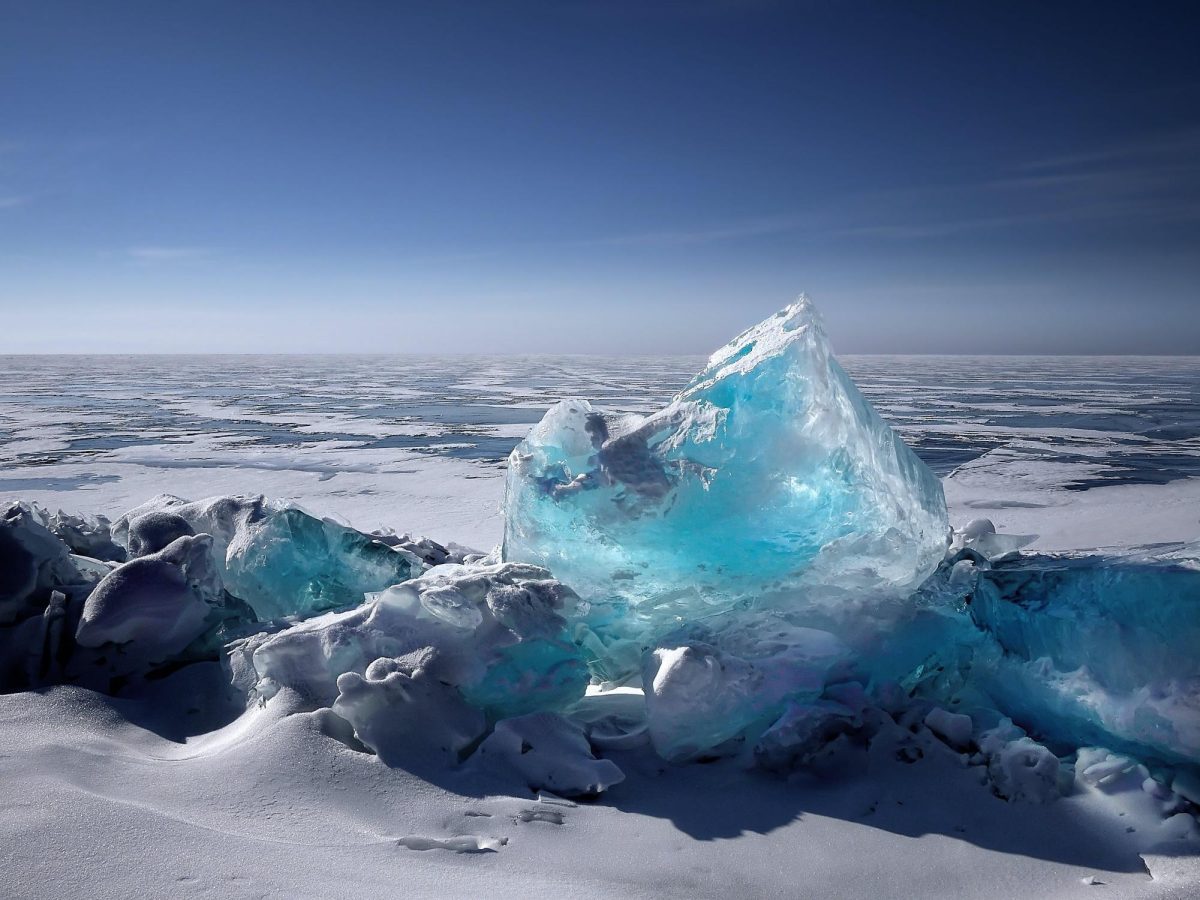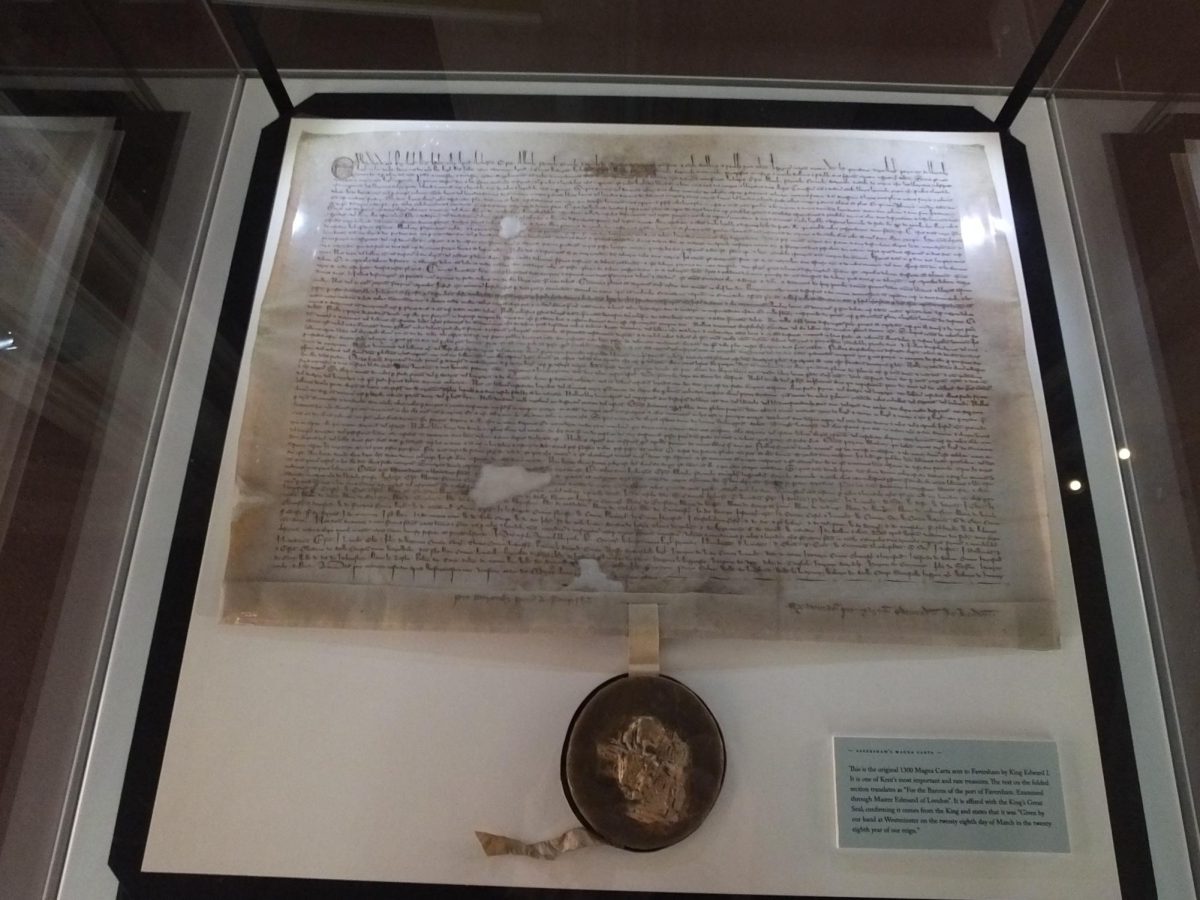Switzerland, known for its iconic scenery and its rolling hills, is a popular destination for many people around the globe. The stunning view and clear skies enhance Switzerland’s reputation. However, over the past two years, Swiss glaciers have decreased in volume by 10%. Switzerland has once been home to many large glaciers on Earth, but its rapidly changing climate along with its rising sea levels, is currently posing a threat to many. According to AP News, Switzerland recorded a 6% drop in glacier volumes two years ago and a 4% drop just last year.
This strange phenomenon is happening for two major reasons. The first is mainly due to human activities. Actions such as burning tremendous amounts of fossil fuels, eliminating forests, and breeding livestock influences the speed of climate change. Because of these activities, greenhouse gasses are trapped within the Earth’s atmosphere, unable to pass through the atmosphere. This occurrence results in heat being trapped inside the Earth, heating up the Earth as we know it. “Fossil fuels – coal, oil, and gas – are by far the largest contributor to global climate change, accounting for over 75 percent of global greenhouse gas emissions and nearly 90 percent of all carbon dioxide emissions,” the United Nations declared. Human activities aren’t the sole reason behind this. Another reason why climate change is happening is because of natural occurrences around the world. For example, volcanic activities, tectonic activity, and solar radiation fluctuations all play a role in the increase of the Earth’s temperature.
The Earth is not the only entity suffering from this drastic change. Humans themselves are losing precious geological data rapidly, the centuries-old history within the ice being all washed away in a matter of seconds. Without the geological data, humans will not be able to discover their pasts, which influences their knowledge on humanity. Despite the long time the glaciers took to form, the time it took to be eliminated is much faster. According to Earth.com, a website covering environmental news, over half of Switzerland’s glaciers will be melted by the year 2050, resulting in the decreasing ice of 65%. The decreasing amounts of alpine glaciers also affects the reveal of new landscapes and geological formations.
The shrinking of Switzerland’s glaciers significantly influences the overall cultural patterns of people living in the area. The “summering” tradition of Switzerland is when cattle and sheep move to highlands during the summer and migrate back to the lowland during the winter. This summering tradition is essential in raising livestock as there is more grass in the valleys below during the winter, and is therefore, a better way to conserve food for livestock. This method signifies the Swiss tradition of cowbells ringing throughout the green hills. Since the Alps are warming at a rapid rate and sea levels are rising each second, it’s becoming impossible for the ranchers and farmers to carry out this tradition.
The government of Switzerland is addressing these problems and trying to conserve the summering tradition despite the changes around them. An example of this is taking water to the highlands during the summer months, in lieu of staying on the lowlands. This aids the summering process as the water shortage during the summers on the mountains will lessen as water is carried up towards the mountains. While this method is helpful in some ways, others do not completely agree. As an act of advocating against climate change and slowing government actions, activists in Switzerland began gluing their hands onto roads. The overpiling consequences of climate change have opened the eyes of many people and activists. The ripple effect of one action influencing another is crucial to note regarding the rising numbers of activists against climate change.
Of course, stopping climate change altogether is inevitable. It is possible, however, to dramatically decrease the impact of climate change and slow down climate change as it has been done before.













































































































































